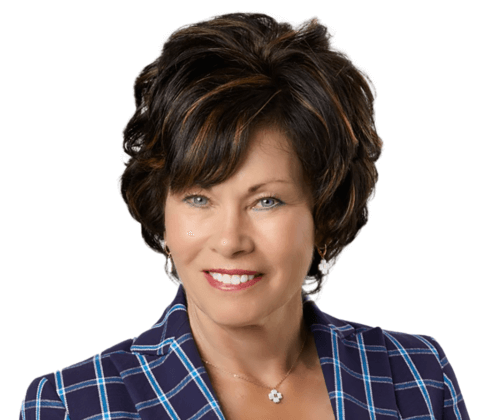Weighing in on social media can keep a controversy alive, publicists warn.
Shania Twain has apologized after saying she would have voted for U.S. President Donald Trump, but publicists say it would have been better if the Canadian music legend had simply kept quiet.
The controversy started Sunday when the Guardian posted an interview with Twain, in which she stated she would have voted for Donald Trump because “even though he was offensive, he seemed honest.”
The comments came as a surprise to many of Twain’s fans, including those who have embraced her as a supporter of LGBTQ rights. Social media users blasted their disappointment at the country music queen.
On Sunday evening, as the original comments continued to spread, Twain issued an apology via Twitter.
If the singer had just laid low, the story would have gone away, according to Randi Rahamim, a principal at Toronto-based communications firm Navigator. Instead, the apology fed the news cycle.
“Shania Twain made a misstep,” Rahamim told CBC News.
“The misstep wasn’t her original misstep — we can forgive her for that. But going and issuing an apology for her original comments, that’s when we put everything under a microscope.”
As part of her apology, Twain said the interviewer’s question caught her off guard and, as a Canadian, she regretted answering without more context.
By invoking her Canadian identity, Rahamim said, Twain is hoping to seem harmless and not offend her American fans.
The lesson here for both performers or brands is that there’s no good side to weigh in on when it comes to politics in 2018, she said.
Stumble amid return to the spotlight
The kerfuffle comes at a critical time. The country star is preparing for her first North American tour in more than a decade and, recently, it seems as if Twain has been everywhere.
She was a celebrity guest on RuPaul’s Drag Race, faced off against Meghan Trainor on Drop the Mic and hung out with rap star Nicki Minaj and singer The Weeknd at Coachella. On Monday, the Canadian Country Music Awards proudly announced Twain would be hosting this year’s broadcast from Hamilton.
But the landscape has changed from the late 1990s, when Twain was at the height of her fame. Then, her 1997 album Come On Over was crossover smash that sold more than 20 million copies and was the biggest country studio record ever. Twain kept fans happy with a series of glamorous and cheeky music videos.
Now, after taking time off to focus on her health and personal affairs, Twain must compete with Taylor Swift and others from the new generation that she influenced. Today’s performers share their lives with the public and keep fans hooked with daily updates. That hunger to continually feed the fan base can put artists in a difficult spot.
The cost of speaking your mind
While some artists have a history of speaking out — Bob Dylan and Joan Baez, for instance — “we don’t go to Shania for politics,” said music publicist Eric Alper.
And while Twain’s attempt at being real seemed to have backfired, there’s truth to her comments, he said.
“Her statement is very real, despite that she apologized for it later on. Don’t forget 15 million people have that same opinion about Donald Trump in America and many millions around the world.”
While Alper says he understands how artists want to be authentic for fans, publicists and advisors typically warn clients away from speaking out on certain topics, such as politics.
“You have an opinion, but it doesn’t necessarily mean the world needs to hear it.”
Twain’s comeback is part of her slow return to the public eye, which began last year when she released Now, her first studio album in 15 years. At the time, Twain talked about wanting to be more honest with herself and her audience.
“If I do something stupid and it embarrasses me, then I just say I’m embarrassed, whereas at one time maybe I would try to disguise that,” she told CBC News.
“It just takes so much work and so much more effort and stress to try to be something you’re not.”
But can Twain put this social media stumble behind her?
“One hundred and ten per cent” said Navigator’s Rahamim.
“There’s a lot of things she can do to turn this into a positive.”
Randi Rahamim is a Principal at Navigator Ltd.


